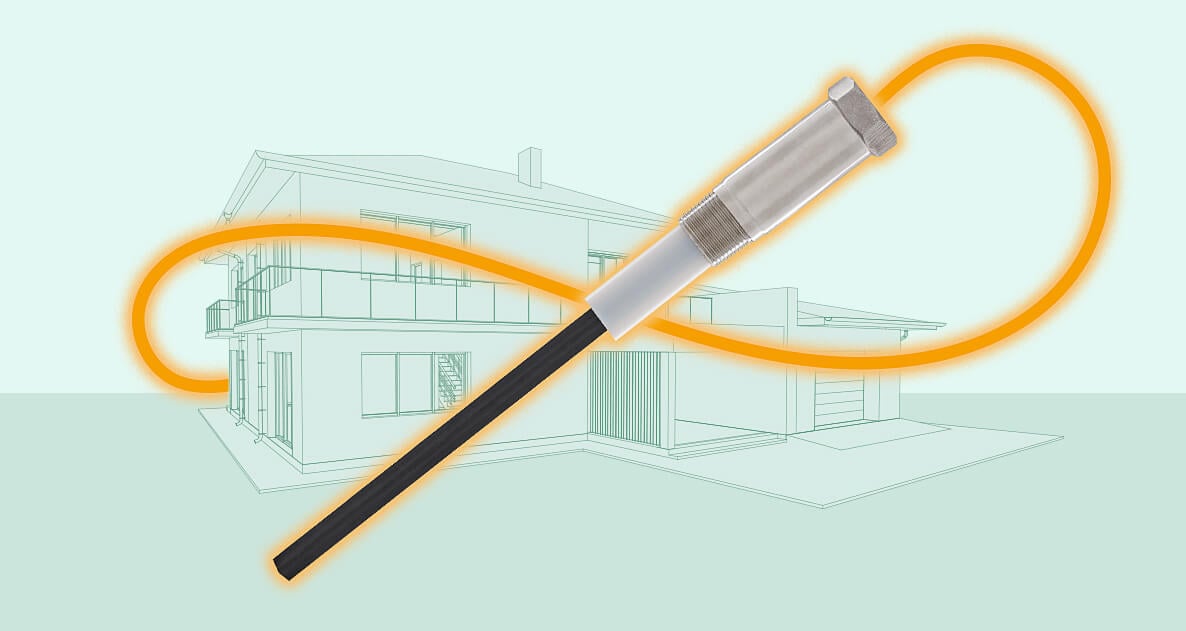dodge man
Super Star Member
I think if you do research, you’ll find the amount of sodium it adds is minimal. The amount depends on the hardness but an example is a gallon of softened water has the same amount as half a cup of tomato juice.
Just an FYI....Actually, they do add salt. We rented a cabin for interim living between forest fire home loss and relocating to new home. The was a notice in the manual similar to this:
'Water softeners add sodium to drinking water, which can be a concern for individuals on a low-sodium diet, particularly those with high blood pressure. However, for most healthy individuals, the sodium levels in softened water are generally considered safe.'
There are also studies, for what they're worth, that show long term drinking sodium treated water can lead to hypertension.
I can taste low amounts of salt in food, and it definitely adds salt. Not like a snorkel full while Abalone diving, but it was obvious to me.
Patrick
Not only are you supposed to drain a water heater regularly, they need the anode rods checked and replaced, unless you install an electronic anode. I replaced the crappy drain valves with a full port drain. This allows for full water pressure to evacuate all sludge build up in water heater. On my new waterheaters i added electronic anodes.Just now while reading your post, is when I learned that draining the hot water tank is a thing you're supposed to do. I've never done it once in my life. I've never heard anyone else mention that it's something they do either. I did not receive any handbook for being an adult and I'm just making this stuff up as I go along.
Thanks for pointing out the obvious (only obvious now that you mention it) reason for why my water heater is half full of minerals and likely beyond recovery. As soon as I get a new water heater, monthly draining will be on the calendar.

It is good to see the attached water quality report. I think that data really helps decision making.Ok I got the $250 water test and the results are attached. It seems the reason for everything eroding is Clorides and it seems the only way to eliminate those is with a whole-home Reverse Osmosis system. I have gotten a quote, $16k. Not sure why it's that high?
View attachment 3417088
Does this make sense? Cost seems really high. googling "how much does a whole home reverse osmosis system cost" yields dozens of results all suspiciously citing the same exact maximum number: $4,800. I suspect this means they are all plagiarized from one common ancestor that might be 20 years out of date, so I wouldn't be surprised if the real cost is higher, but $16k does seem excessive to me.
I do not think a settling tank, softener, or filter will help with the chlorides, please correct me if I'm wrong.
@Sportsman762 @ponytug @5030
As required by law.The trials and tribulations concerning well water versus city water...lol
Problem is, oftentimes city water is as bad or worse than well water.
At least with city water, the TDS is most times less.